Search
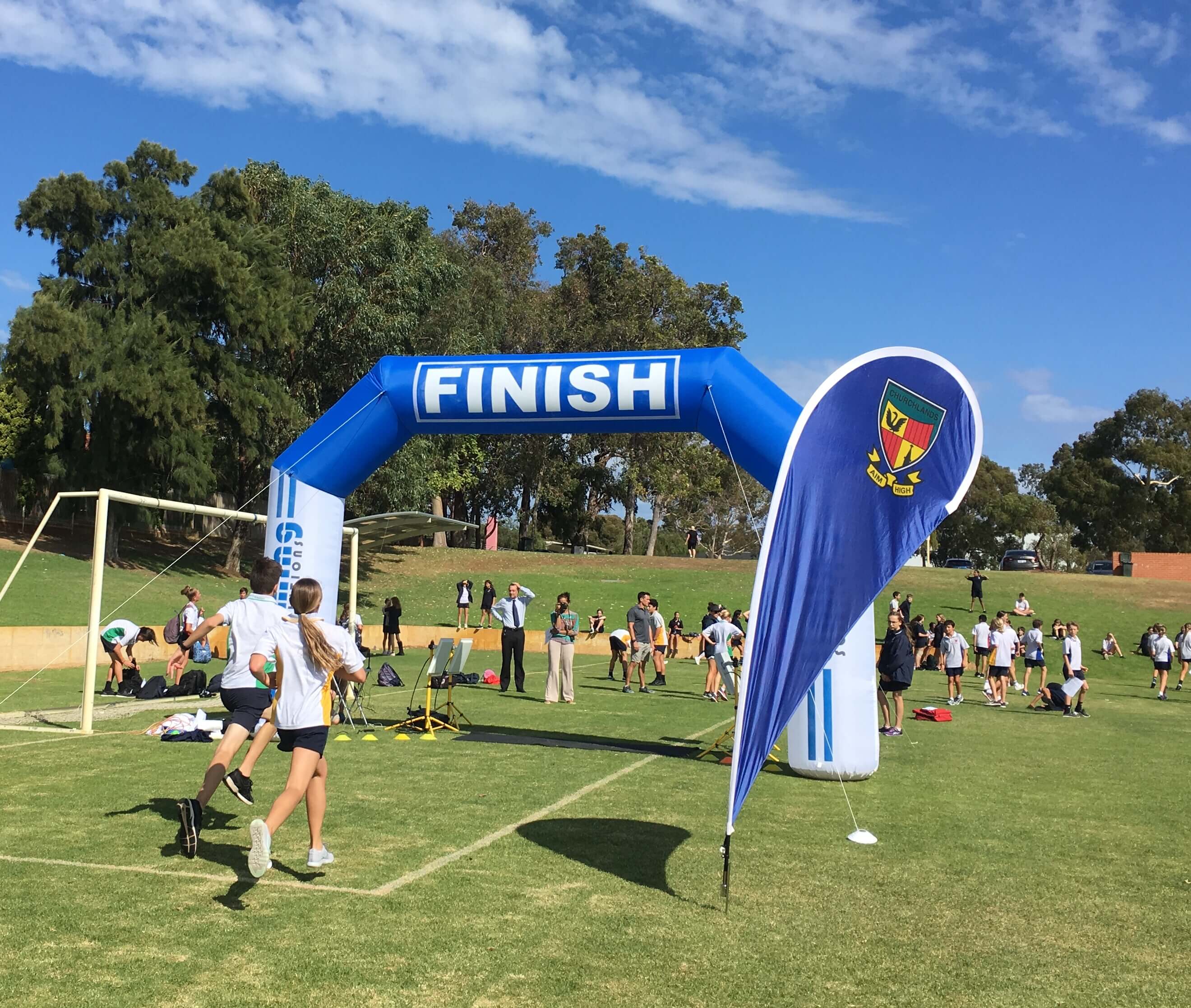
Over 1000 Year 7 and 8 students from Churchlands Senior High School laced up their running shoes yesterday for their annual Fun Run raising money for the Wesfarmers Centre of Vaccines and Infectious Diseases.
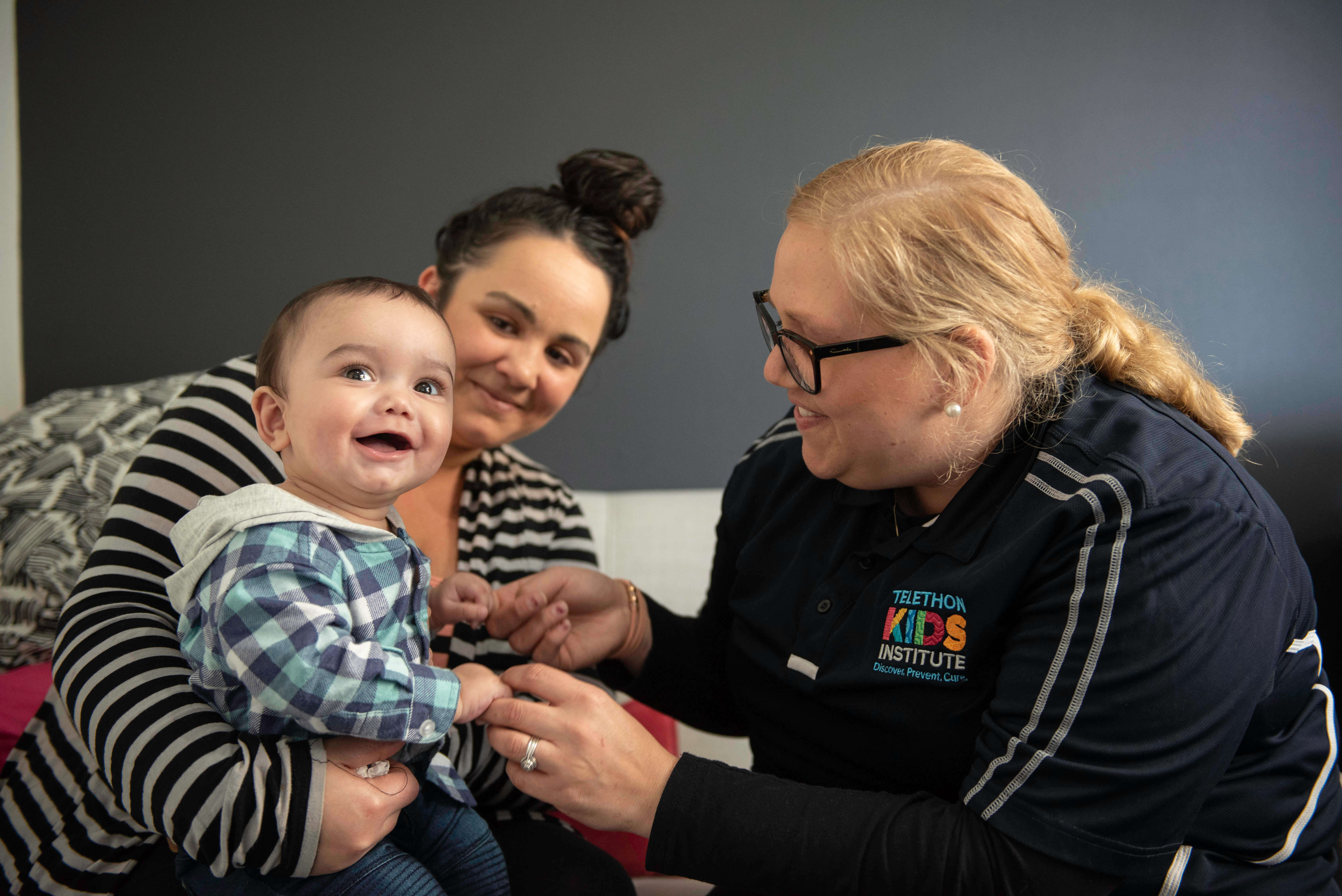
The major funder of the Wesfarmers Centre of Vaccines and Infectious Diseases based at The Kids Research Institute Australia has been recognised as Australia’s most generous giver.
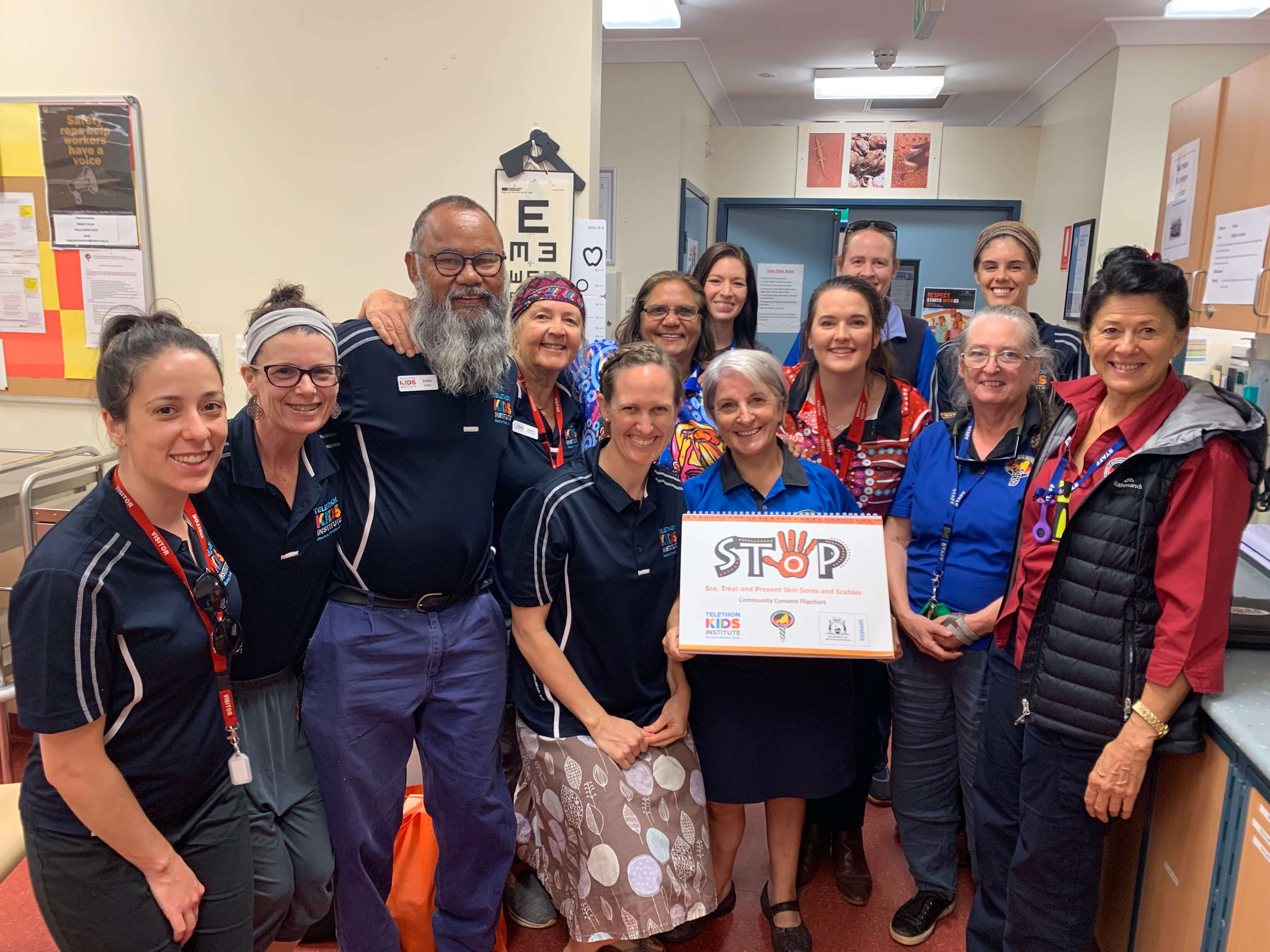
Six weeks, nine community visits and 380 kids – it’s a wrap for round one of the StoP Trial!
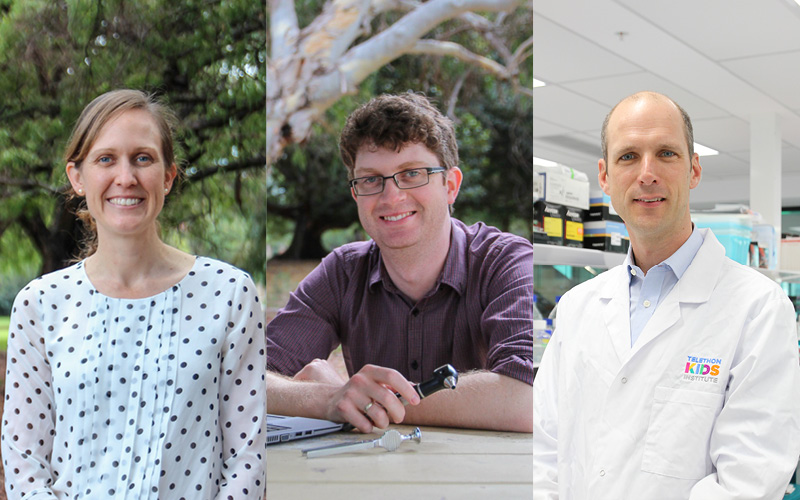
Three The Kids researchers have been named amongst WA’s most outstanding young scientists for their efforts to ensure kids around the country have the chance to lead happy and healthy lives.

At just two years old, Lucy lost her fight against flu. With your generous help, we can finally beat influenza.

The eradication of rubella in Australia is evidence of the vital role vaccinations play in protecting our health, researchers at The Kids Research Institute Australia say.

Dr Asha Bowen, Head of Skin Health at the Wesfarmers Centre of Vaccines and Infectious Diseases, has been awarded a 2018 Fellowship as part of the prestigious L’Oréal-UNESCO Women in Science program.

Over 100 researchers and health professionals from around Australia have united in Broome this week to address the major health battles facing people living in the tropical north of the country.
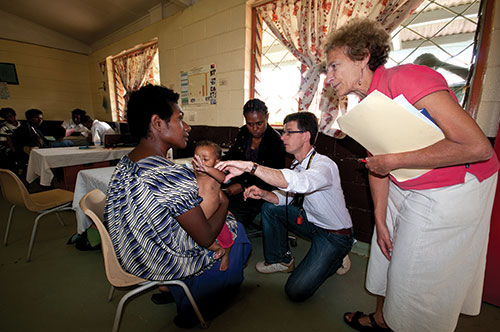
Clinical Associate Professor Deborah Lehmann has been recognised for her dedication to reducing the burden of infectious diseases in Papua New Guinea (PNG) with an award supporting research in the Western Pacific named in her honour.

New research investigating the devastating impact of the 2017 flu season by PAEDS-FluCAN, a national collaboration observing influenza in children, confirmed it was time to take action after thousands of children were hospitalised with the virus last year.
